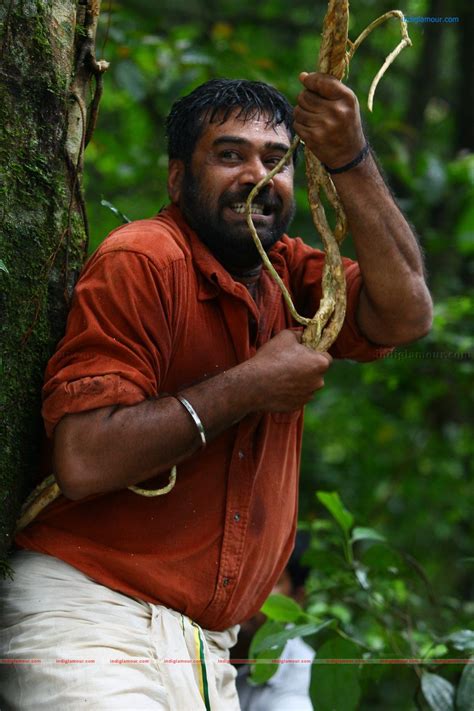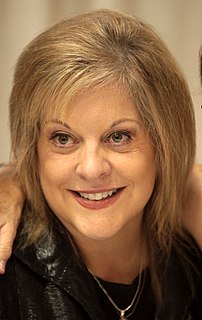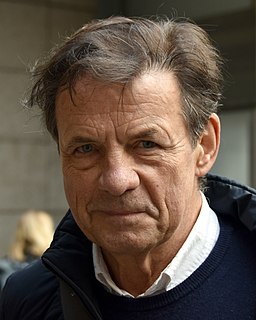A Quote by Charlie Hunnam
I grew up in an environment where it was permittable to use violence to solve a problem. But it was not permittable ever to call the police under any circumstances. That was the kind of doctrine of my household. My dad was a career-long criminal, and you weren't calling the police for any reason.
Related Quotes
The murder clearance rate now in my city Baltimore is almost non-existent. Nobody can solve a murder, nobody can do any actual police work, because they've learned how to do bad police work, chase drugs. Fighting vice, while being unable to respond to sin. Generations of cops have learned how not to police work by policing the drug war. Not only are they police brutal, they're ineffective. Baltimore is more violent than it has ever been in modern history.
Although violence and the use of force may appear powerful and decisive, their benefits are short-lived. Violence can never bring a lasting and long term resolution to any problem, because it is unpredictable and for every problem it seems to solve, others are created. On the other hand, truth remains constant and will ultimately prevail.
Crime in the city streets is more than a political issue. It's a too rampant fact.... In Indianapolis they have come up with a most sensible, affordable approach to the problem. Policemen are assigned their police patrol cars for personal use after hours. They are encouraged to use the police car while taking the family shopping, to the movies, and everywhere one takes one's family. As a result, says the Police Chief's assistant, we may have as many as 400 cars on the street instead of 100 or so per shift. [And] the presence of the police car obviously indicates the proximity of policemen.
Our feelings alone don't change what happens with the police, what happens in jail, what happens when someone tries to go to the welfare office, the unemployment office, or any kind of state agency where a criminal record comes up for prostitution. How we feel about the commodification of sexuality and violence doesn't actually translate to those people's lives. A lot of the debate is really academic and a waste of time.
A lot of black people worked with the police as snitches. We used to call them bimpees where I grew up. And, you know, they were afforded special privileges. They may have been paid by the police. But you never knew who was informing on you. We lived either next door to or - two doors away from us was a known informant in Soweto.
Many White people are not sensitive to the kind of abuse that African Americans, especially younger African Americans, receive at the hands of police officers and police departments. I think for most Whites their experience with the police has been good or neutral because they don't interact with the police as much as those in the Black community.




































